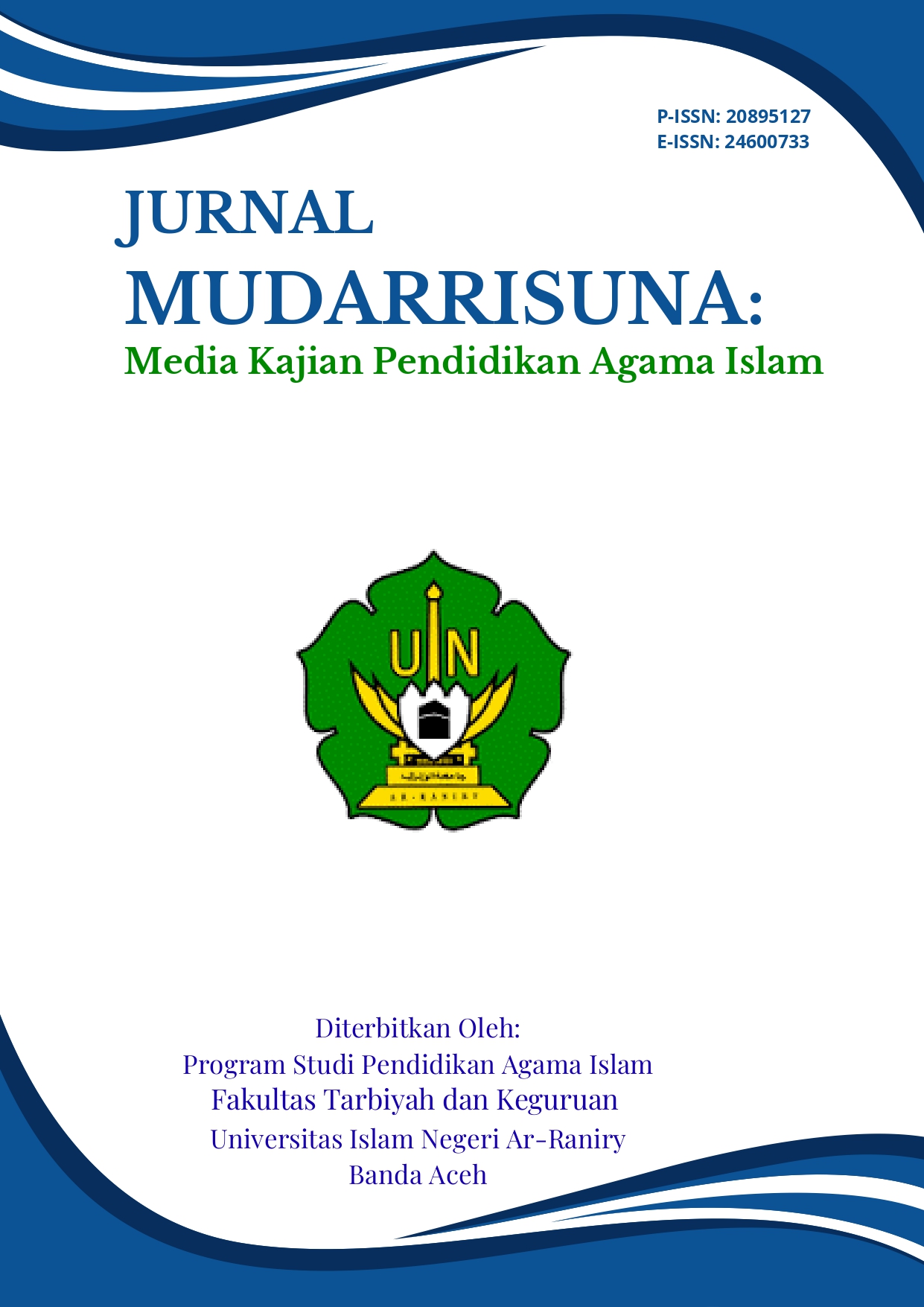PENGARUH PENDEKATAN PEMBELAJARAN TERHADAP KECENDERUNGAN PHUBBING PADA MAHASISWAPROGRAM STUDI PAI UIN AR-RANIRY
DOI:
https://doi.org/10.22373/1phnk638Abstract
The rising use of smartphones among university students has given rise to phubbing behavior—the tendency to ignore direct social interaction during the learning process. This study aims to examine the relationship between learning approaches in Islamic Religious Education (PAI) courses and the tendency to engage in phubbing during lectures. The research employed a quantitative approach supported by qualitative data through questionnaires, interviews with lecturers, and classroom observations. The results indicate that learning approaches involving active student participation and two-way interaction tend to reduce phubbing behavior. Although no statistically significant relationship was found, qualitative findings suggest that varied teaching methods, lecturer role models, and reinforcement of Islamic values contribute to raising students’ awareness of respectful learning conduct and responsible technology use. These findings highlight the importance of learning approaches that not only deliver academic material but also foster character development and digital discipline among students in Islamic education settings.
Downloads
Published
Issue
Section
License
Copyright (c) 2025 Safrijal Iwantona dan Dr. Zulfatmi, S.Ag., M.Ag.

This work is licensed under a Creative Commons Attribution-ShareAlike 4.0 International License.
Jurnal MUDARRISUNA: Media Kajian Pendidikan Agama Islam allows the author(s) to hold the copyright and to retain the publishing rights without restrictions. Authors who publish in this journal agree to the following terms:
- Authors retain copyright and grant the journal right of first publication with the work simultaneously licensed under a Creative Commons Attribution-ShareAlike 4.0 International License that allows others to share the work with an acknowledgment of the work's authorship and initial publication in this journal.
- Authors are able to enter into separate, additional contractual arrangements for the non-exclusive distribution of the journal's published version of the work (e.g., post it to an institutional repository or publish it in a book), with an acknowledgment of its initial publication in this journal.
- Authors are permitted and encouraged to post their work online (e.g., in institutional repositories or on their website) prior to and during the submission process, as it can lead to productive exchanges, as well as earlier and greater citation of published work.




